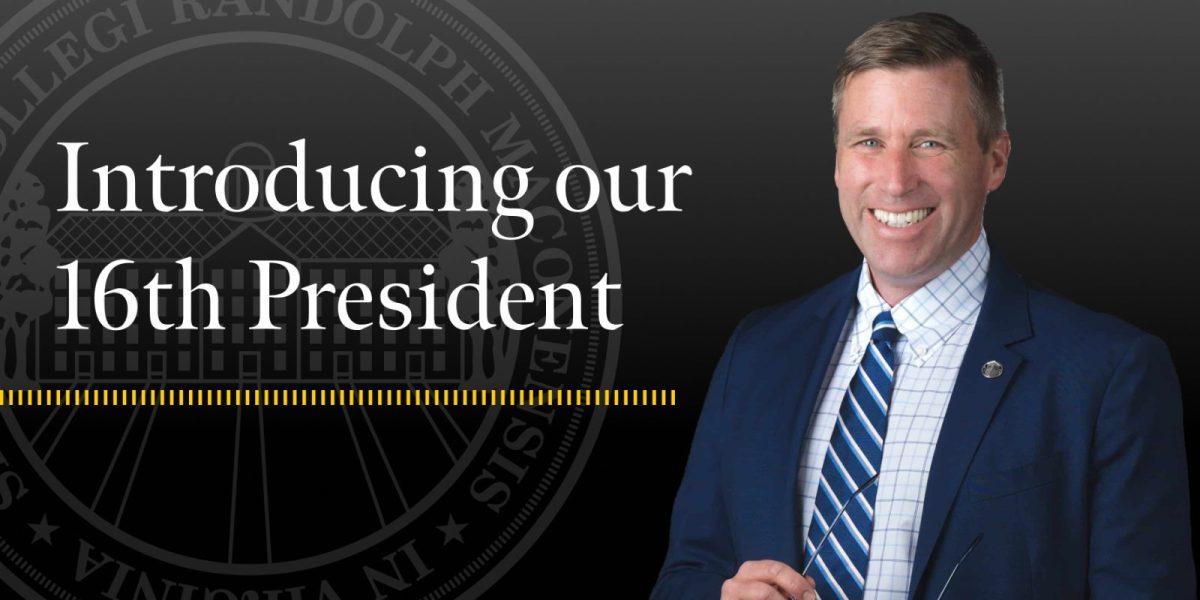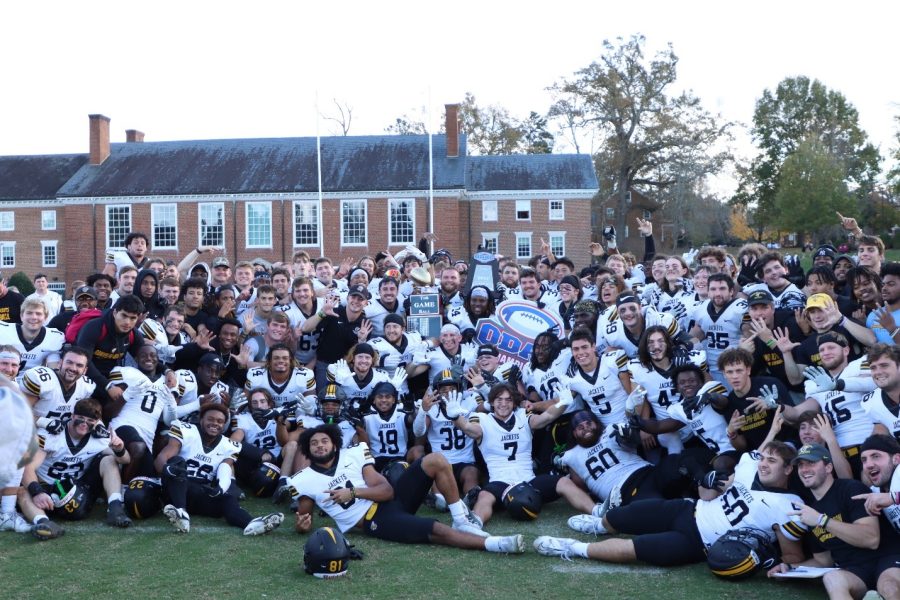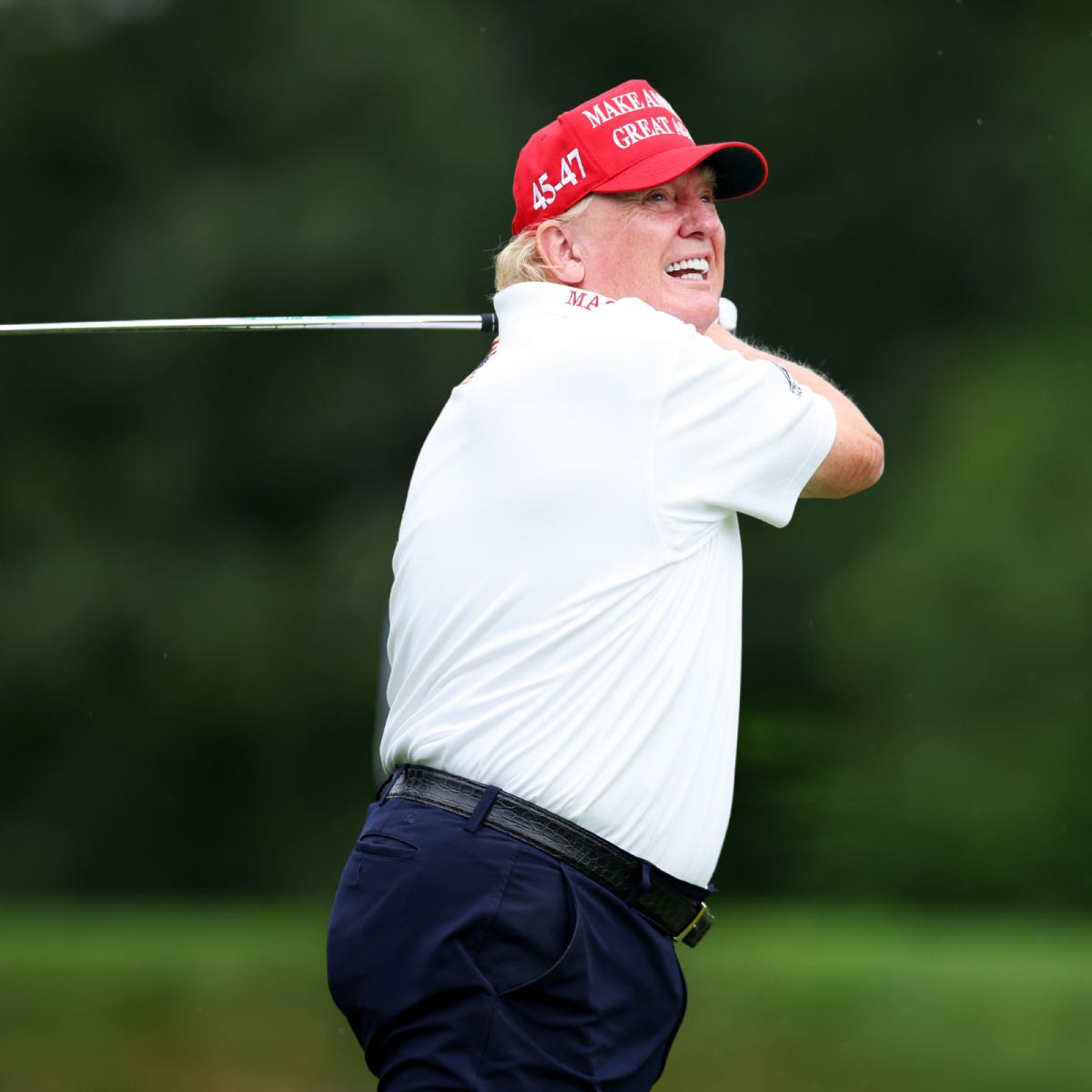On Sunday, former President Donald Trump narrowly averted a second assassination attempt in two months. While golfing at his club in West Palm Beach, Florida, a man armed with an AK-47-style rifle was spotted by Secret Service agents. The shooter, Ryan Wesley Routh, managed to evade agents after being confronted and took off, leaving behind a litany of disturbing items, including several ceramic tiles inside backpacks and a GoPro camera. Fortunately, Trump was unharmed, but this incident raises critical questions about security protocols and the motivations behind these escalating threats.
Routh’s identity and erratic political history add layers of complexity. Routh’s shift to violent opposition reflects a dangerous trend of radicalization, where individuals quickly turn on former allies, escalating their grievances into acts of violence. His involvement in Ukraine, where he attempted to recruit Afghan fighters, further complicates his motives, suggesting that external forces or extremist ideologies may have influenced him. This erratic behavior parallels the kind of manipulation seen in The Manchurian Candidate, where individuals are turned into unwitting tools for assassination through ideological conditioning.
Now, this begs a very fundamental question: Who wants Trump dead? Is this merely the action of disillusioned individuals like Routh, or is there a more significant, more organized force called the deep state? The fact that Routh intended to film the attack with a GoPro suggests a more substantial trend of politically motivated violence meant to go viral, using the act to spark broader social unrest.
Trump’s former president and current presidential candidate position presents unique security challenges. The argument that he no longer holds office and thus requires less protection is dangerously naive. As the leading Presidential candidate for 2024, Trump is a high-profile target, so his security apparatus must be reinforced. Yet, we are seeing cracks in this protective detail that demands attention.
Under his private security, Trump never faced breaches of this nature. His team, known for their aggressive, hands-on approach, operated flexibly, allowing them to neutralize threats more effectively. Now, bound by government protocols, his exposure to danger has increased. Recent events beg the question: Are federal protective measures equipped to handle the new reality of politically motivated violence?
Trump’s security risks are escalating at an unprecedented rate, with two assassination attempts in just a few months, further underscoring the urgency. His political prominence makes him a unique target, yet there’s little indication that the Biden-Harris administration will take decisive action to enhance his protection. Given their political rivalry, it is hard to imagine that they will prioritize reinforcing the security measures necessary to prevent further attempts. If these vulnerabilities are left unaddressed, the potential for a tragedy with severe political repercussions grows daily. Immediate action is needed, but it seems unlikely that any action will take place.
All opinions shared in this article are the author’s own. This does not represent the organization.















